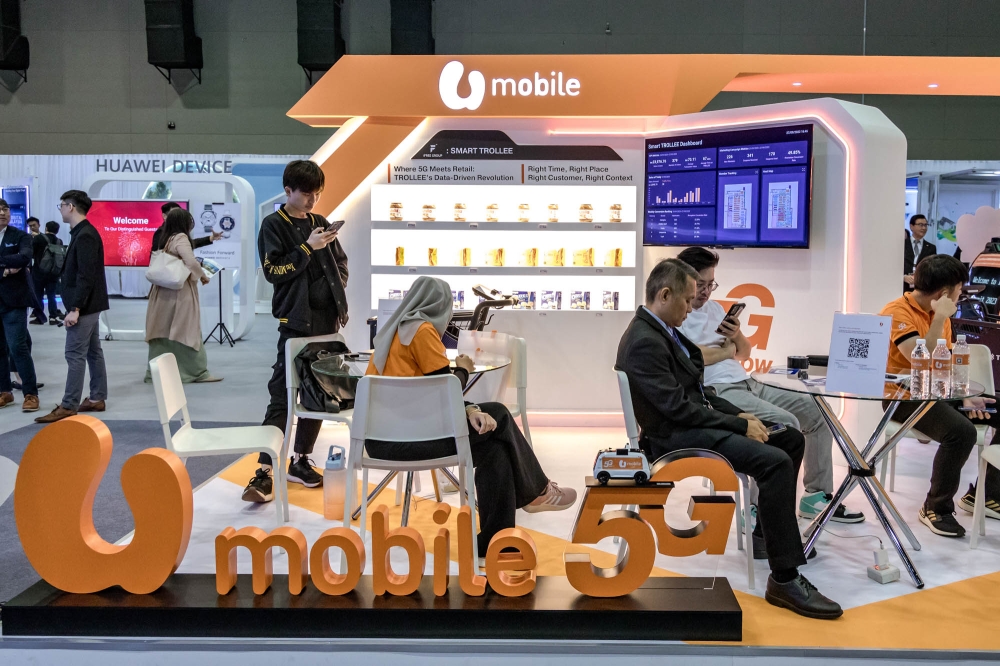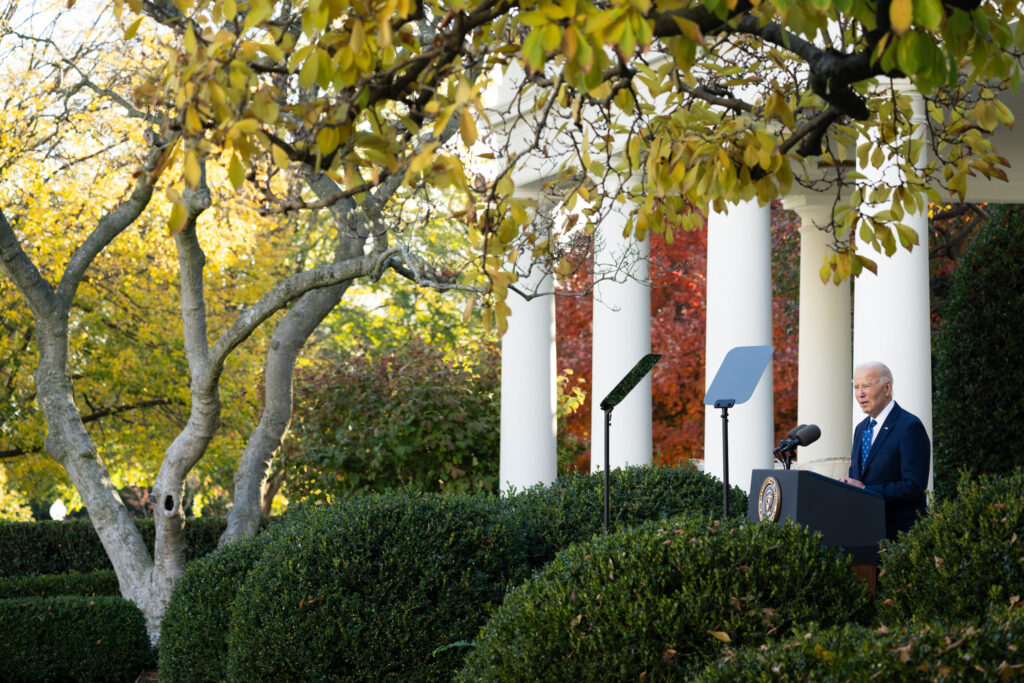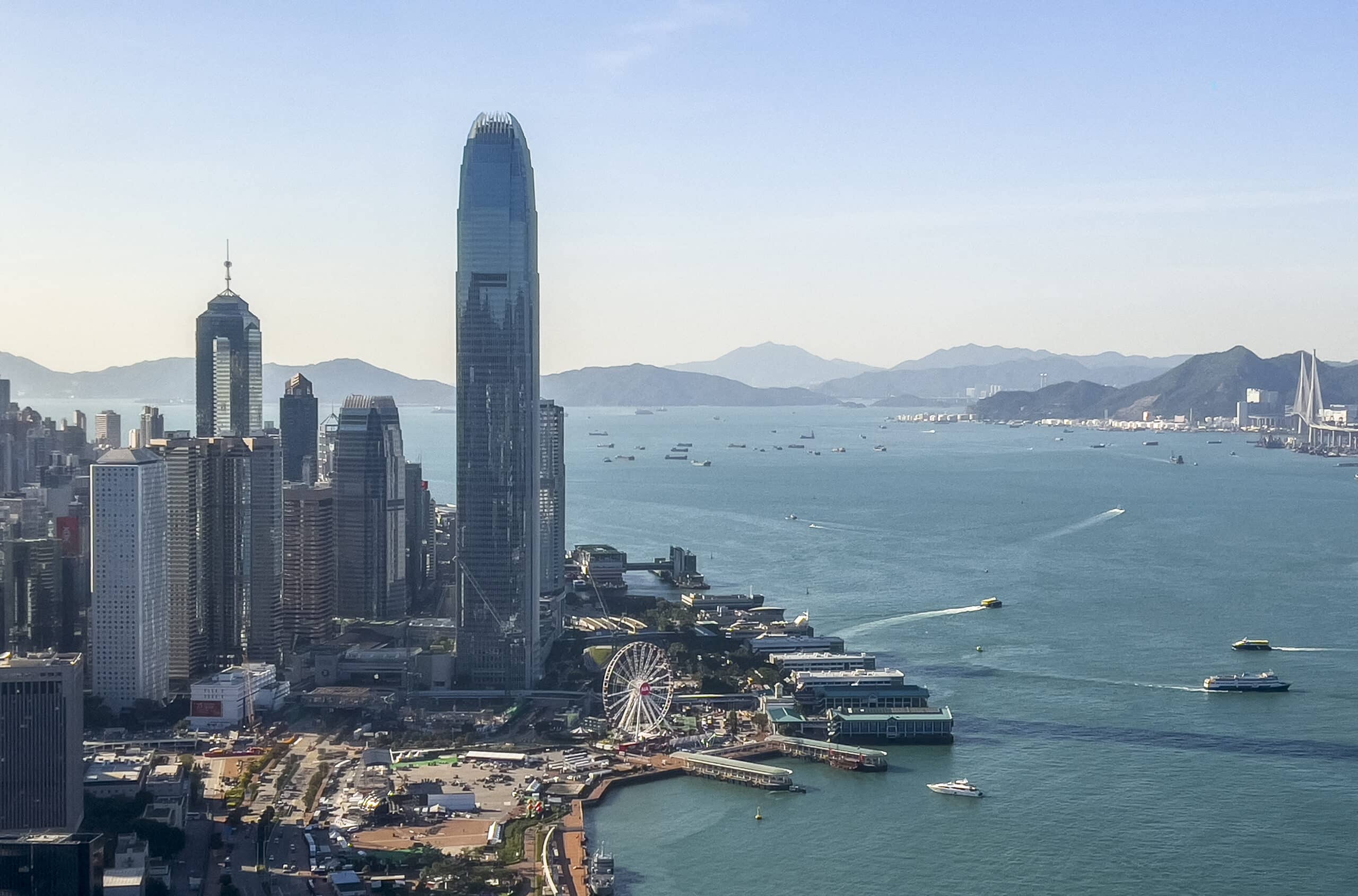
KUALA LUMPUR, Nov 7 — Malaysia’s recent appointment of U Mobile as the lead developer for the country’s second open-access 5G mobile broadband network is expected to trigger a major reassessment of the telecom industry’s 5G investment strategies. In a recent commentary, BMI, a unit of the Fitch group, said that the industry’s new reality is clear: telecom operators will need to significantly increase their contributions to 5G funding, or risk spreading their resources too thin across multiple competing networks. While full details on the new network’s structure, financing, rollout, and coverage obligations remain unclear, the launch of a second 5G player is set to disrupt current investment plans.
“It does seem that U Mobile will be required to disengage from the special investment vehicle — Digital Nasional Berhad (DNB) — which is responsible for building Malaysia’s first wholesale 5G network,” BMI said in its commentary. Currently, major telcos like CelcomDigi, Maxis, and Telekom Malaysia (TM) have substantial investments tied up in DNB, which has already rolled out 5G coverage to 80 per cent of the country’s population. However, with U Mobile now positioned to lead a second 5G network, these players face tough choices.

They must decide whether to bolster their stakes in DNB, withdraw to support the new venture, or spread their investments across both projects. As BMI says, “all players’ 5G investment contributions will need to increase,” a challenge that could put significant strain on the financial resources of smaller players. Spreading investments across two competing 5G networks raises the question of whether the telcos have the financial capacity to meet their ambitious coverage and deployment goals.
“The risk is that all players’ 5G investment contributions will need to increase, possibly beyond their existing or planned means,” BMI added. BMI went on to say that smaller telcos like U Mobile, which accounts for less than 10 per cent of the market share as of mid-2024, may find it particularly difficult to raise the necessary capital without significant backing from larger investors. This financial pressure is compounded by delayed decision-making within key industry players, most notably Telekom Malaysia, which was excluded from the DNB project after shareholder approval issues, it added.
TM may now reconsider joining U Mobile’s venture, BMI said, but its previous hesitancy over the financial obligations tied to DNB suggests it could be cautious about backing a second 5G network. It also said that if Telekom Malaysia opts out, U Mobile could be left relying on a limited pool of investors, intensifying financial strain for all involved. Despite its bold appointment, U Mobile’s ability to shoulder the financial and technical demands of the project remains a point of concern, BMI noted.
“We assume that U Mobile has the financial and technical resources needed to sustainably support the new 5G network, provided that additional investors can be brought on board,” BMI said. It added that U Mobile’s initial public offering (IPO), expected by early 2025, is seen as a critical opportunity to raise funds to ease its financial burden and bring additional investors into the fold. However, its ability to attract sufficient local investment will play a pivotal role in the success of the venture.
Ultimately, BMI said that the creation of two separate 5G networks in Malaysia could lead to fragmentation, with both struggling to coexist in a sustainable manner. “We expect the ultimate outcome will be the creation of two separate 5G networks that may struggle to co-exist in a sustainable manner,” it concluded..














